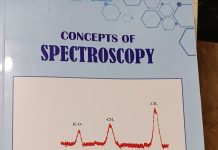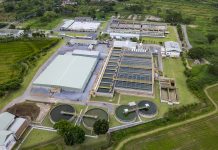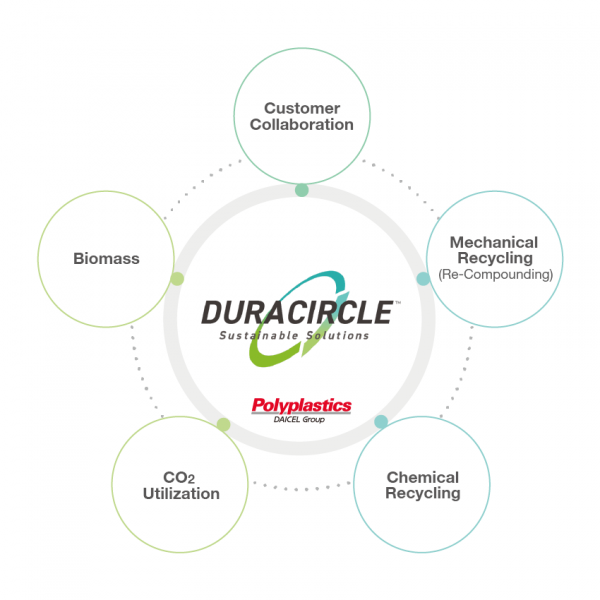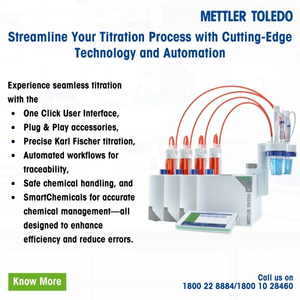Polyplastics, a brand specialising in engineering plastics, announced the launch of LAPEROSⓇbG-LCP, a sustainable solution based on biomass-derived materials (mass balance approach) which reduces CO2 emissions and improves renewable content ratio. The introduction expands the company’s DURACIRCLEⓇ initiative, which already includes DURACONⓇ bG-POM.
LAPEROSⓇ bG-LCP, slated for commercialization in spring 2025, is manufactured like conventional products and exhibits the same chemical and physical properties. Polyplastics plans to expand this new solution to all grades of LAPEROSⓇ LCP.
The mass balance approach combines raw materials derived from biomass with those derived from fossil resources. By combining them into resin manufacturing processes a portion of the resulting product can be considered to be biomass-derived, according to the volume of biomass raw material input.
The sustainable option eliminates the need to produce biomass-derived and fossil resources-derived products separately. Users also have no need to re-evaluate performance and quality for each separate grade. Thus, the approach effectively helps to more quickly achieve carbon neutrality and a circular economy.
LAPEROSⓇ LCP delivers thin-wall and high flowability characteristics along with superior heat resistance and strong mechanical performance. It also possesses higher strength per unit area at reduced thicknesses, along with a low linear expansion coefficient close to that of metal. It is used in many ultra-small precision connectors and other parts of cutting-edge IT devices that are becoming increasingly compact, including tablets and smartphones.
As per the press release, DURACIRCLEⓇ is an initiative that encompasses the use of renewable feedstocks, resin recycling and re-compounding operations aimed at generating higher performance and value. This includes biomass balanced products such as LAPEROSⓇ bG-LCP and DURACONⓇ bG-POM, expanding the use of post-consumer recycled (PCR) sources, chemical recycling, and the development of raw material technology that reuses CO2 emissions.
































